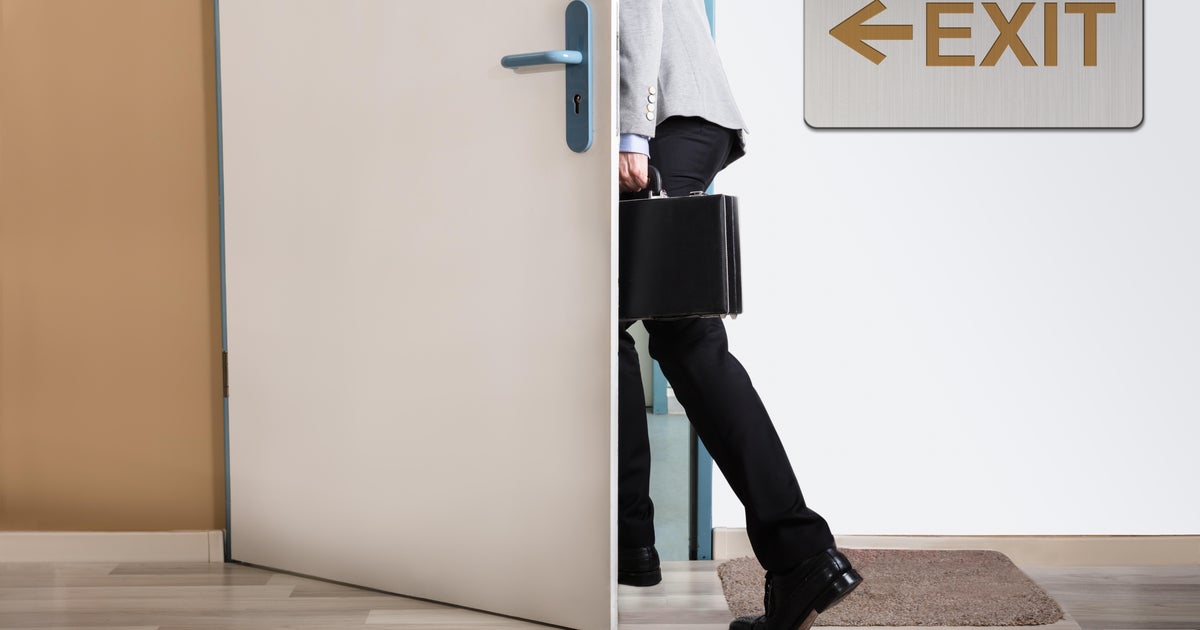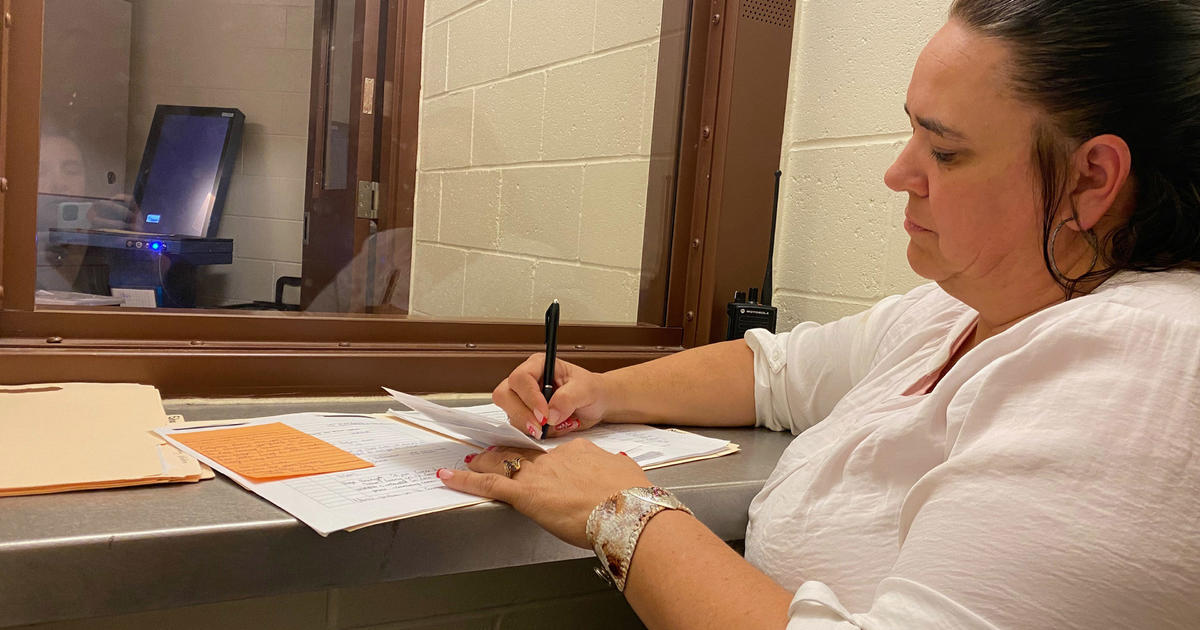What happened when a company paid its workers to work a 4-day week
The mystery of balancing the stresses of work and life while boosting productivity might have found an answer: working for four days a week while getting paid for five.
A New Zealand trust and estates firm called Perpetual Guardian tested the idea for six weeks on its 230 employees earlier this year, and its founder said the results were so successful that his board will vote next week on making it a permanent policy.
The idea sprang from research that found people are typically engaged at work for fewer than three hours a day, said Perpetual Guardian founder Andrew Barnes. He said he started to think about the pressures that employees are under -- sick kids or waiting for the plumber -- and how those stresses affect productivity and cut back on hours spent in the office.
"I figured if I gave people off a day a week, that means it's a day they could do all that other stuff," Barnes told CBS MoneyWatch. "And that might then change they way they worked when they were in the office."
The company's staff, he said, was "shocked" at first. "My head of HR nearly had apoplexy," he noted. "It's a bit of the 'drop the mic' moment."
The trial had some conditions, he noted. Employees were given a month to create productivity measures, essentially determining how to complete their work within 32-hours a week.
"This is about productivity," he noted. "By doing small bits of process improvement, they made their jobs more efficient."
Other experiments to cut back work hours have fizzled, such as Sweden's six-hour workday trial. In that case, the experiment was deemed too expensive by the local city council overseeing the trial, even though workers were happier and less stressed. Other companies have allowed workers to compress 40 hours across four days, but that doesn't solve the problem of increasing productivity or improving engagement.
At the end of the trial, Perpetual Guardian's revenue and profits were unchanged, Barnes said.
"What that means is the team is 20 percent more productive in the office," he said. "The benefits from this are far wider than people actually appreciate."
As part of the trial, Barnes asked two researchers to track the impact on employees. Their findings underscored that the four-day workweek was a success with workers as well as the business. Employees said they were more committed to working at Perpetual Guardian, which Barnes noted would make it easier to retain staff.
"I'm finding that we're getting people coming to us, top-notch candidates," he said. "People are saying, 'You're progressive, we went to work for you.' It makes it easier to recruit."
Employee stress levels declined, work-life balance improved and workers said they were more engaged after the trial, according to a survey of Perpetual Guardian employees by Jarrod Haar, a human resources professor at Auckland University of Technology. The second researcher, Helen Delaney at the University of Auckland Business School, found that workers maintained a higher level of motivation and were more focused on getting work done.
"The overwhelming majority of research participants were unanimous in their hope that reduced working hours will become an ongoing reality," Delaney wrote in her report. "The majority feels that their team demonstrated that they are capable of meeting (or in some cases exceeding) productivity targets within shorter working hours."
That's likely to become a reality, Barnes said. When his board votes on making the four-day workweek a permanent policy next week, he said, "they will pass it."



